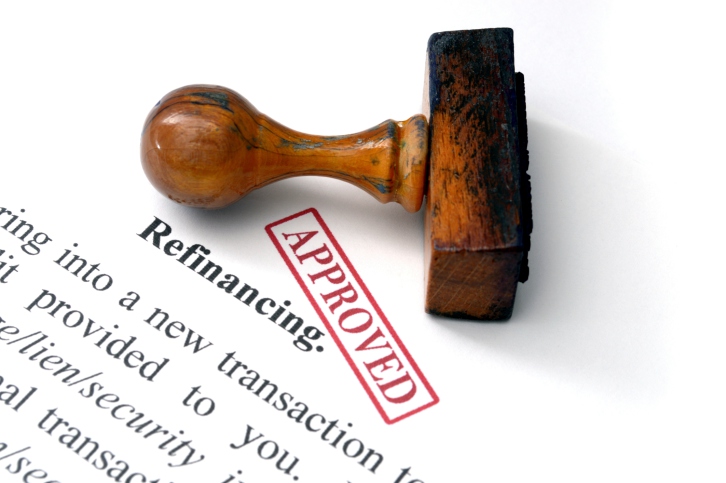An Insider’s Guide to Fannie Mae’s HomePath Program and Closing Cost Assistance
 Home buyers today may be concerned about finding the perfect home to purchase, but they are also often concerned with the process of applying for a mortgage. The loan application process itself may seem daunting, but many are concerned about finding a great deal on their mortgage. This may include getting a great interest rate and finding a program with low closing costs. The Fannie Mae HomePath program and closing cost assistance program is a beneficial option for many, and you may benefit from learning more about it.
Home buyers today may be concerned about finding the perfect home to purchase, but they are also often concerned with the process of applying for a mortgage. The loan application process itself may seem daunting, but many are concerned about finding a great deal on their mortgage. This may include getting a great interest rate and finding a program with low closing costs. The Fannie Mae HomePath program and closing cost assistance program is a beneficial option for many, and you may benefit from learning more about it.
What Is This Program?
The Fannie Mae loan program has been around for many years, and it is designed to provide borrowers with a lower interest rate than some of the other programs available. It also has easier underwriting guidelines than some of the other options.
However, the HomePath program started in 2009 in response to the rising number of foreclosures at that time. This program gives buyers a great opportunity to find homes that were financed through Fannie Mae and that were foreclosed on. The goal was to help Fannie Mae sell some of the homes they had foreclosed on more quickly by providing buyers with easier underwriting requirements and closing cost assistance than they otherwise would have access to.
What to Expect From This Program
If you are not familiar with this program, you may consider exploring it in more detail. The program’s website has many listings for foreclosed properties, and this makes it easy for you to find a great deal on a property in your area.
You should be aware that there are essentially two programs under the HomePath umbrella. One is designed to resemble a traditional mortgage program with closing cost assistance and easier underwriting requirements. The other is designed for properties in need of renovations, and with this program, you may be able to borrower more than the current value or sales price of the house.
While you may want to find the perfect home and get it at a great price, you also want to set up affordable financing. When a traditional buying and mortgage experience is not right for you, the HomePath program offered by Fannie Mae is a great option to consider. You can spend time exploring the foreclosed properties on the website today, and you can also work with your trusted mortgage broker to learn more about the HomePath financing options that are available to you.

 Many seniors have taken advantage of reverse mortgages in recent years. These unique mortgages allow seniors who are existing homeowners to tap into their home equity without taking on a mortgage payment. This can be a true benefit to seniors who are on a tight budget or who want to take advantage of their home equity without giving up ownership of their home.
Many seniors have taken advantage of reverse mortgages in recent years. These unique mortgages allow seniors who are existing homeowners to tap into their home equity without taking on a mortgage payment. This can be a true benefit to seniors who are on a tight budget or who want to take advantage of their home equity without giving up ownership of their home. Home buyers are often drawn to the FHA mortgage program due to the low interest rates, low closing costs and generally attractive loan terms. However, there will come a time when many who have an FHA mortgage want to refinance. After all, refinancing a mortgage may allow you to tap into your home’s equity, obtain a lower interest rate, extend or shorten the loan term or achieve other goals you may have. While there are different loan programs that you can use to refinance, many are taking advantage of the FHA streamline refinance program.
Home buyers are often drawn to the FHA mortgage program due to the low interest rates, low closing costs and generally attractive loan terms. However, there will come a time when many who have an FHA mortgage want to refinance. After all, refinancing a mortgage may allow you to tap into your home’s equity, obtain a lower interest rate, extend or shorten the loan term or achieve other goals you may have. While there are different loan programs that you can use to refinance, many are taking advantage of the FHA streamline refinance program.